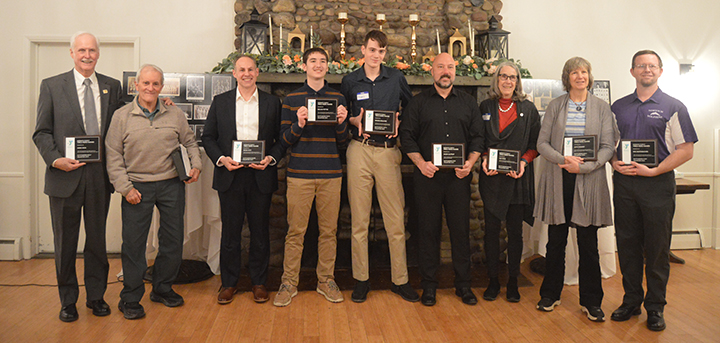Two men who made a difference
This election matters. We’ve heard that mantra endlessly from both presidential campaigns. But in fact every election matters – it matters whom we choose to represent us at every level of government. It’s not just what positions candidates take on the issues that count but what kinds of people they are and whether they are ready to engage in the nitty-gritty work of government. The deaths on the same day recently of two former members of the House of Representatives reminded us of what a difference an individual can make.
Paul Rogers, Democrat of Florida, became known in his 24 years in Congress as “Mr. Health.” In his career, he was able to effect wholesale change, touching all Americans, in the field of health policy. Matthew Rinaldo, Republican of New Jersey, though instrumental in the passage of legislation, was more of a hands-on guy in his district, where he concentrated on retail change. Both were non-ideological workhorses who crossed party lines to improve the lives of the people they served.
Rogers was the driving force behind the National Cancer Act, the 1971 law that implemented the “War on Cancer.” Over the years since its passage, the dollars going into cancer research and treatment have succeeded in lowering the incidence of the disease and the number of deaths of those diagnosed. There is probably not a family in America that hasn’t been affected by the progress wrought by that act of Congress. (Ironically, the nonsmoker Rogers died of lung cancer.)







Comments